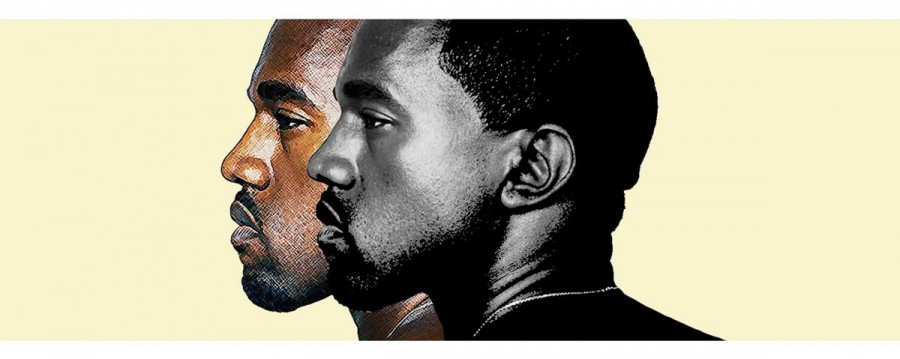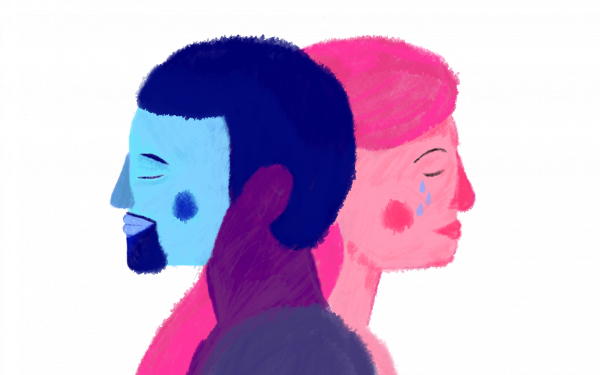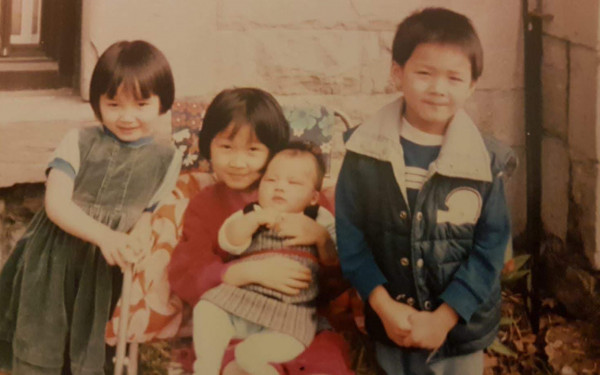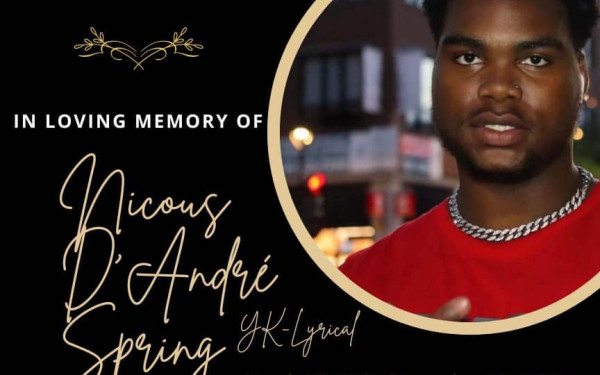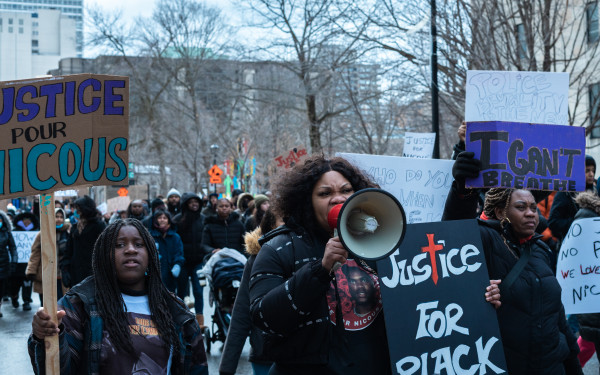Kanye West and Cultures of Hatred
What’s Up With Hating Ye?
This feels like a redundant statement, but Kanye West is in the news again.
Not that he ever really left. In fact, one would be hard-pressed to find an extended period of time in the last decade where Kanye hasn’t been somewhere in the headlines. In 2015 alone he had a son, teased a new album, released two seasons of a fashion line and announced his potential future candidacy for President of the United States of America. The man has a knack for nabbing the spotlight.
In his latest public entanglement, Kanye criticized rapper Wiz Khalifa in a twitter-rant of epic proportions, taking aim at everything from Khalifa’s fashion to his family. And like everything involving Kanye, this fait-divers has already been covered to death in the press, with the usual suspects churning out think-pieces examining the more troubling aspects of the extensive twitter rant. Chiefly, Kanye’s perceived misogynistic language towards the mother of Khalifa’s child, and Kanye’s ex, Amber Rose.
Many are angry, even more plainly insulted. But in the narrative of Kanye West, what else is new? In fact, for a vast contingent of people, no matter what Kanye said they would have reacted with disapproval, disdain and dismissal, because in large part, hatred of Kanye West is not dependent on what he does, it’s about what he represents.
There is not simply hatred against Kanye West, there is culture of hatred against Kanye West.
As a culture, we treat Kanye differently than every other artist, to such an extent that we even hate him differently. We hate him systematically, we hate him violently and we hate him on a surprisingly personal level. If you feel this is an exaggeration, a glimpse at the comments section of any related news item should suffice.
If you’re not convinced, there’s the subtle fact that three petitions were drafted in 2015 just for the sake of boycotting various live dates. One petition, attempting to have Kanye removed from his headlining slot at Somerville, England’s Glastonbury Festival, states, “Kanye West is an insult to music fans all over the world,” and claims his presence on the bill constitutes “musical injustice.” While Kanye did end up performing, the event was not absent of hostility. During the show he was interrupted by a man who ran onstage as a form of “revenge” for Taylor Swift (Kanye famously interrupted Swift during her acceptance speech at the VMA’s in 2009). One member of the crowd waved a flag depicting a graphic still from his wife, Kim Kardashian’s, sex-tape. Both instances were hailed as some kind of victory by communities online.
A similar petition emerged recently, protesting Kanye’s desire to cover a David Bowie song in the wake of the singers death. On the petition, under the heading marked “Why is this important?” the author wrote: “David Bowie was one of the single most important musicians of the 20th and 21st century, it would be a sacrilege to let [his legacy] be ruined by Kanye West.”
The reasoning here does not seem to be that Kanye is a bad musician, rather that he is a destructive force. The language paints him out as some kind of monster with the power to “ruin” Bowie simply by covering one of his song, as if it would be a blemish on Bowie’s honour. This use of language is not extreme in the canon of criticism lodged against Kanye. The language used against him is usually personal and often borrows religious vocabulary; he is an “insult,” a “sacrilege.” While outrage at Kanye does sometimes characterize him as artistically inferior, it almost universally characterizes him as morally inferior. The major claim against him is not that he is a bad artist, it’s that he’s a bad person.
No artist is universally beloved—many public-figures are criticized and disliked. But there are few in pop-culture held in such contempt as to warrant the kind of vitriol Kanye West receives.
One comparison often dredged up where Kanye is concerned is with pride-of-Canada rockers Nickelback. In some ways the comparison works as Nickelback, like Kanye, are both faced with a hatred that is memetic. Hating Nickelback is an opinion that proliferates as part of a pattern, it is easily spread, reproduced and thus re-confirmed. Or in other words, it’s ideological. Nickelback being “the worst” has become an understood opinion in our culture, and especially on our internet. We know we are supposed to dislike them. Yet, how many Nickelback songs can we name? How many albums and interviews did we sift through before we decided Nickelback were, like Kanye, an insult?
The truth is that, once again, Nickelback are hated less because of what they do, but because of what they represent. Nickelback have become shorthand for “selling-out,” or existing more for financial gain as musicians than artistic drive. They are perceived to be shallow and superficial, lacking any great depth of meaning. And this is where the comparison to Kanye West falls to shambles, because those claims can not be applied to his body of work.
The fact is Nickelback stand for very little, and for their critics, that’s the problem. Kanye West stands for a great deal, and for his critics, that’s the problem.
When looking at Kanye West we find an artist who is intense, loud, rude, expansive, outspoken and opinionated. He refuses to be boxed-in, he is stubbornly political and boastful without apology. He is a producer of hit record after hit record and has dominated our pop-cultural landscape for over a decade. He grabs mics at awards shows and he marries our reality-television royalty. He, in his own words, is the biggest rock-star in the world.
But he is also all these things and Black.
And while we may not like to admit it, it is impossible to separate our hatred of Kanye from the politics of race and class around him. Because in looking at artist like Kanye, who is intense, loud, rude, expansive, outspoken, opinionated and Black, and who has such a culture of hatred surrounding him. To not question the extent that the interplay of all those qualities, including race informs that hatred, is quite simply, intellectually dishonest.
This is not to say that everyone who dislikes Kanye does so out of racist or classist motivations. As the Amber Rose twitter-storm illustrates Kanye has no difficulty giving the public reasons to find him unlikeable. What it does mean is that, while your feel there may be no racial motivation behind your personal dislike of Kanye, this does not mean that that is true for the larger culture. Furthermore, your own personal dislike does not exist in a vacuum. Rather it is part of a memetic ideology, a viral cultural narrative that it is easy to unthinkingly contribute to. A narrative that has racist and classist implications.
As is often the case, our opinions are never just our opinions. And to not question how our opinions about artists (especially one as loaded with symbolic and representational power as Kanye West) coincide or clash with larger narratives about them is not constructive.
So the question deserves to be asked:
Why do you hate Kanye West?
